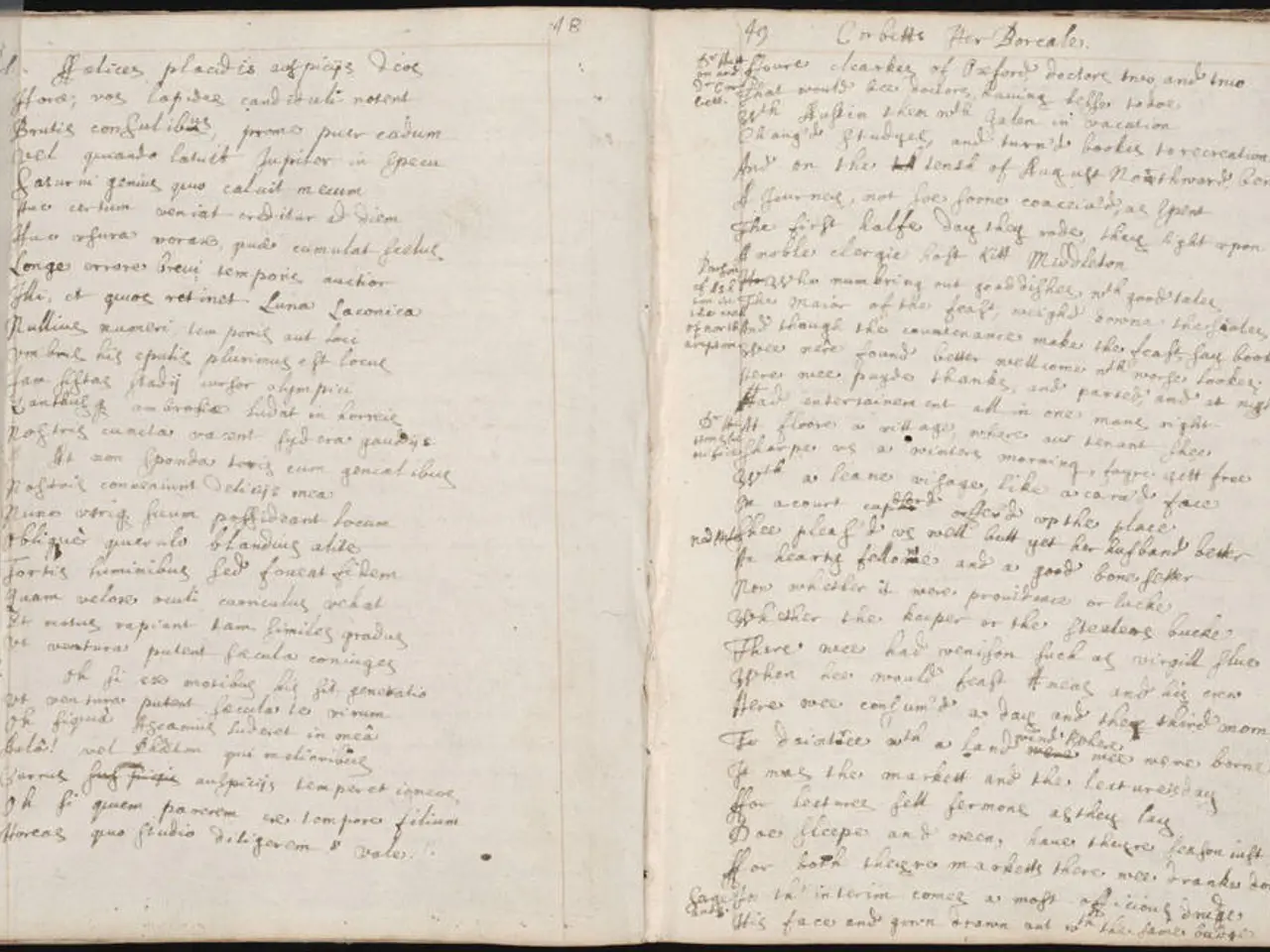Recommended Reading on Identifying Deception: Expert Suggestions on Decoding Deceitful Individuals
In the realm of deception, understanding the art of detecting lies is becoming increasingly important in our daily lives. Whether it's in personal relationships, business negotiations, or professional investigations, the ability to spot a lie can be invaluable. Here, we delve into some of the most respected and informative books on the subject, catering to both beginners and seasoned professionals.
For those seeking a comprehensive review of the science behind lie detection, "Detecting Lies and Deceit: Pitfalls and Opportunities" (2nd Ed.) by Aldert Vrij is a must-read. This book offers a thorough examination of behavioural indicators and psychological principles, emphasising scientifically validated methods applicable in forensic and intelligence contexts.
Paul Ekman's works, including "Telling Lies: Clues to Deceit in the Marketplace, Politics, and Marriage", are also highly respected in the field. Ekman's research, particularly his focus on microexpressions and nonverbal communication cues, is widely taught in law enforcement and intelligence training. His works combine real-world anecdotes with rigorous science, explaining how emotions "leak" through facial expressions, even in skilled liars.
"The Truth About Lying: How to Spot a Lie and Protect Yourself from Deception" by Gini Graham Scott is more focused on the practical side of everyday deception in personal and workplace settings. The book offers numerous real-world examples, making it an excellent resource for those looking to apply the principles of lie detection in their daily lives.
For those with an interest in body language, "What Every Body Is Saying" by Joe Navarro serves as a field guide. Navarro, a former FBI counterintelligence agent, emphasises the importance of baseline behaviour and warns against jumping to conclusions, a point many body language books miss.
For those seeking a practical perspective on polygraph testing and its history, the video from The Crime Reel channel provides insightful discussions on several influential books that cover the polygraph's development, utility, and cultural impact in law enforcement narratives.
Lastly, "Spy the Lie: Former CIA Officers Teach You How to Detect Deception" distills field-tested methods used in intelligence operations, making it an invaluable resource for those seeking a practical approach to lie detection.
It's important to note that while polygraph and voice stress analysis tools have been historically popular in forensic settings, recent research and investigative reports question their reliability. This scientific scrutiny further elevates the importance of research-based psychological literature for effective lie detection.
In summary, Aldert Vrij’s "Detecting Lies and Deceit" and Paul Ekman’s research are among the most respected, research-based works applied in professional settings, supplemented by ethical and behavioural insights from other leading authors and experts recommended by law enforcement and forensic psychology communities. These books offer a solid foundation for anyone looking to delve into the fascinating world of lie detection.
- Aldert Vrij's book, "Detecting Lies and Deceit: Pitfalls and Opportunities" (2nd Ed.), offers a thorough examination of behavioral indicators and psychological principles, emphasizing scientifically validated methods applicable in forensic and intelligence contexts.
- Paul Ekman's works, notably "Telling Lies: Clues to Deceit in the Marketplace, Politics, and Marriage", are widely taught in law enforcement and intelligence training due to his research on microexpressions and nonverbal communication cues.
- For those with an interest in body language, "What Every Body Is Saying" by Joe Navarro serves as a field guide, emphasizing the importance of baseline behavior and the dangers of hasty conclusions.
- "The Truth About Lying: How to Spot a Lie and Protect Yourself from Deception" by Gini Graham Scott is more focused on the practical side of everyday deception in personal and workplace settings, offering numerous real-world examples.





